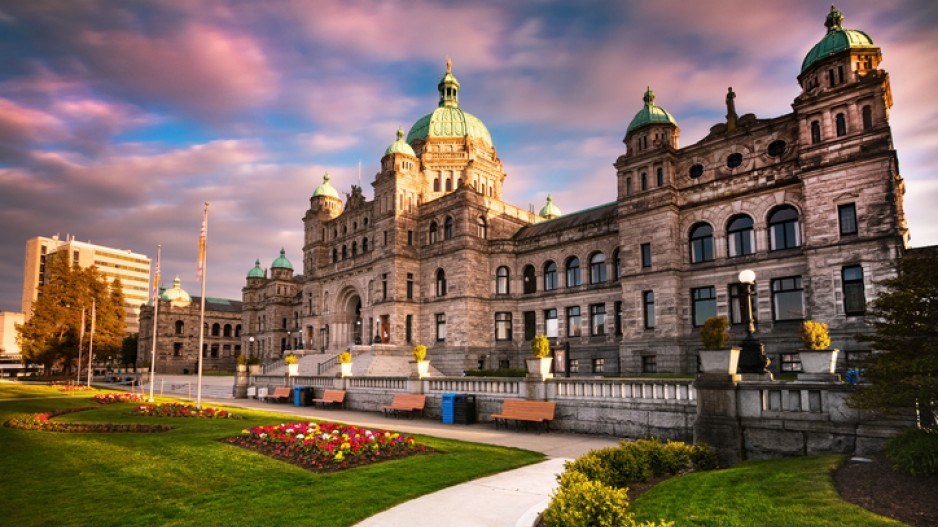Research showing B.C. business leaders’ “deteriorating trust” in the province’s economic direction is an urgent wake-up call for policy-makers, the report’s author says.
The report, which collected the opinions of 49 top-level B.C. business executives at major firms, showed that three-fifths of the respondents were either “somewhat unconfident” or “very unconfident” about the state of provincial policies.
David Williams, vice-president of policy at the Business Council of British Columbia and a former Bank of Canada senior economist, authored the B.C. Business Confidence Survey released last week. He said he was not surprised at the survey’s overall results, adding that many people in B.C.’s business community echo the concerns outlined in the report, including a labour shortage, high taxes and capacity constraints due to business space limitations.
“I think the more fundamental concern beyond the near term is that, what they want to hear from federal and provincial decision-makers is a plan to raise per-capita economic growth in the country and the province,” Williams said. “When we look at recent government policy announcements and budgets, we really don’t see a plan there to raise the labour productivity growth in the country – all the things that, we know, raise income over time.
“There’s a deeper concern there that we are not putting the policies in place to help us create the conditions for higher wages, higher standards of living and the ability to support our social safety net,” he added. “And all of this is happening with the backdrop that Canada went into the pandemic as one of the most indebted countries in the world. And in 2020, we borrowed more than any country in the world relative to the size of the economy. The only way out of that is to improve our economic growth.”
The survey showed optimism about B.C.’s post-COVID economic recovery; the responses showed a number of positives, including that 75% of respondents believe the economy will improve over the next 12 months (albeit only slightly); 78% are expecting an increase in investment activity; 40% expect faster sales volume growth during that period; and 41% expect to boost their number of full-time employees.
But Williams cautioned those results, when combined with deteriorating trust levels, demonstrate the belief in the business community that the economic recovery will happen despite – not because of – the government policy direction.
“We are going to recover from the pandemic sooner or later,” he said. “But in terms of being able to maintain the high quality of living and the social safety net we have in Canada, we have to take the policy steps to support per-capita economic growth. We are seeing high levels of inflation and low levels of wage growth; if we want to stay ahead of the cost of living, we are going to have to create the conditions to address those issues.”
A particularly troubling policy challenge, Williams said, is that regulatory bottlenecks and tax and labour issues raised by the survey raise the cost of doing business in B.C. If the problem isn’t resolved by policy changes or clarifications, none of these key issues facing B.C. businesses would be addressed, he said.
In a statement responding to the report, B.C.’s Ministry of Jobs, Economic Recovery and Innovation stressed the province’s “strong management of the pandemic.”
“For the past two months, B.C. has been the only province in Canada with employment above pre-pandemic levels with a job recovery rate of 100.5%, and our unemployment rate of 6.6% in July was one of the lowest in the country.”
The ministry said the government’s economic plan this fall “will fill the gaps exposed by the pandemic and present a new bold vision for our province that looks forward with a focus on benefits for everyone.” •




